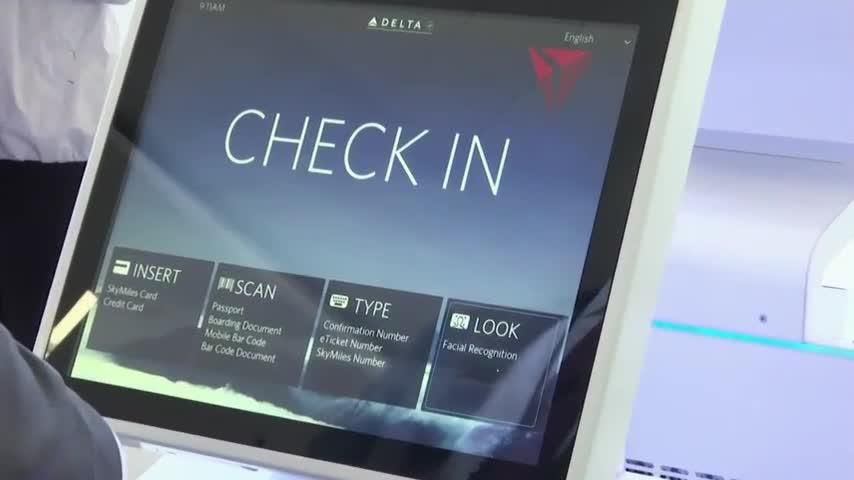Artificial intelligence and machine learning: the next revolution in medicine and cancer research.
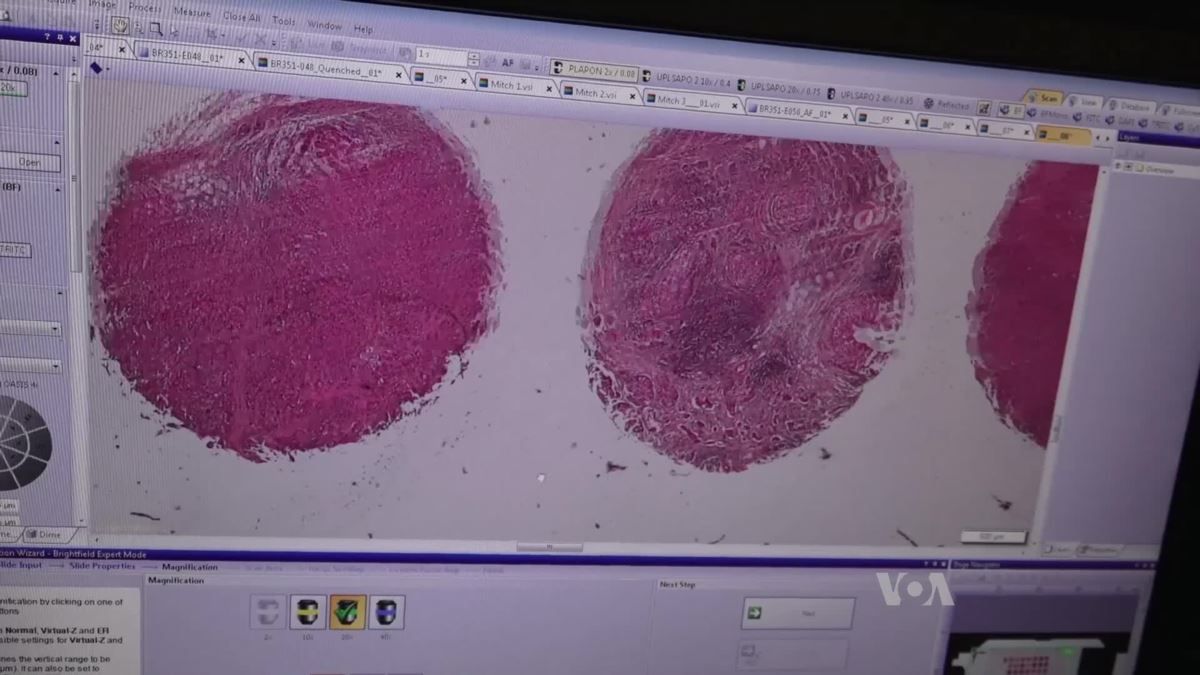

The OriHime-D can also be used by people involved in childcare, nursing care or other activities that prevent them from leaving home or a certain location.
A cafe with an all-robot staff controlled by paralyzed people has opened in Tokyo.
The cafe, called Dawn ver.β, held its ribbon cutting ceremony on Nov. 26.
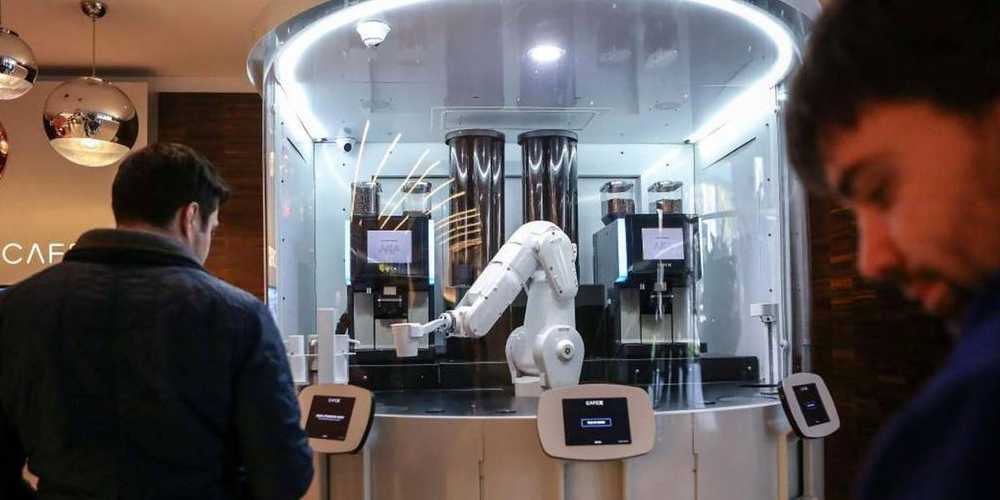
A robot barista can whip up 120 drinks an hour — and it reveals a growing trend that is transforming the restaurant industry.
Trendy coffee roasters including Intelligentsia, Ritual, and Equator have partnered with Café X Technologies to create a $25,000 robot barista, CNBC reports. The robot, which operates as the sole barista in a San Francisco café, can make any drink you would expect at a standard trendy coffee shop, including espressos, flat whites, and cortados.
“I don’t see the robot revolution as a problem,” 24-year-old inventor Henry Hu told CNBC. “The idea isn’t to scare you or harm you in any way. The point is to get you your coffee as quickly and deliciously as possible.”

Jack Poulson is the former Google Senior Research Scientist who quit the company’s machine learning division over Project Dragonfly, the company’s secret plan to build a censoring Chinese search engine designed to help the country’s spies surveil dissident search activity.
In an editorial on The Intercept, Poulson describes the series of events that led up to his resignation: a chain of execs who, in private meetings and public statements, engaged in hypocritical deflection and spin rather than giving the straight answer about why they were going to go into China and what the result of that would be (answers: “To make money,” and “complicity in human rights abuses”).

It’s been a busy few days and now, a new picture of Mars without the camera lens cover. Plus, a new view from my robotic arm camera. Read: http://go.nasa.gov/2Q6txLp&h=AT2OsODL_mwl4ybu3wGRiR812vXmG4B…tm_fqcCRzw
More Mars pics: go.nasa.gov/InSightRaws
Being waited on by robot is something that we all imagine might be possible in the distant future, but one cafe in Tokyo is already offering just that… with a twist. As Fast Company reports, a visit to the “Dawn ver.β” will put you face-to-face with robot waiters that take orders from customers and deliver food to their tables.
It’s all very futuristic, but the twist here is that the robots aren’t powered by AI or some advanced automation system. Instead, they’re controlled remotely by human staff with severe disabilities working right from their own homes. The cafe, which is the result of a partnership between the Nippon Foundation, Ory Lab Inc, and ANA Holdings, is already a big hit, and its creators have big plans for the future.
Replicas of famous paintings are routinely created with printers that use only four inks – cyan, magenta, yellow, and black. RePaint, a new technique developed at MIT, combines artificial intelligence, 3D printing, and a rich 10-ink palette for much more faithful results in any lighting condition.
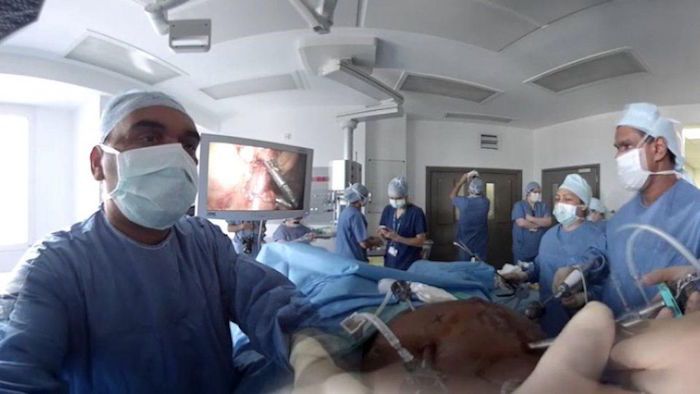
Surgery filmed in 360° and live-streamed to remote doctors could already be happening in a hospital near you.
The healthcare industry should be using Artificial Intelligence (AI) to a far greater degree than at present, but progress has been painfully slow. The same factors that make the healthcare system so attractive to AI developers – fragmented or non-existent data repositories, outdated computer systems and doctor shortages – are the same things that have stopped AI from providing the gains that should be created.
The healthcare sector also presents unique obstacles for AI: data must flow freely through AI systems to achieve real results, but extracting data from handwritten patient files or PDFs is cumbersome for us, and difficult for AI. Despite technical and operational challenges, new research suggests that the arrival of the tech giants into the industry may provide the data and the capital required to digitize this fairly untapped market.
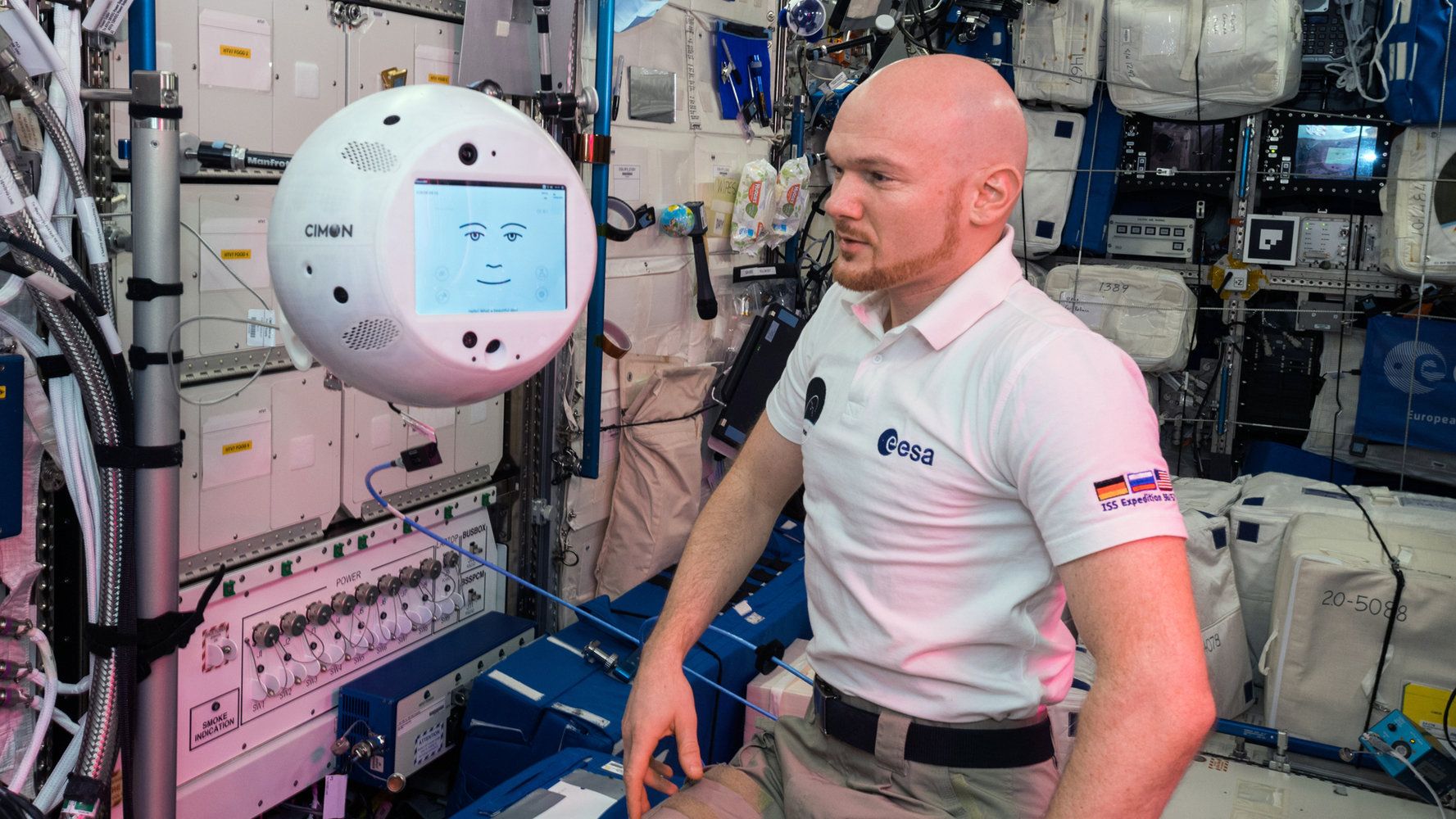
The space station robot CIMON has exchanged its first words with its spacefaring crew.
German astronaut Alexander Gerst talked with the artificially intelligent crew-assistant CIMON during a 90-minute experiment on Nov. 15 aboard the International Space Station (ISS).
According to a statement from the manufacturer, Airbus, Gerst, the commander of the current space station crew, woke up CIMON (the Crew Interactive Mobile CompanioN) with the words “Wake up, CIMON.” In response, CIMON said, “What can I do for you?” [This Flying Space Droid Wants to Make Friends with Astronauts].
